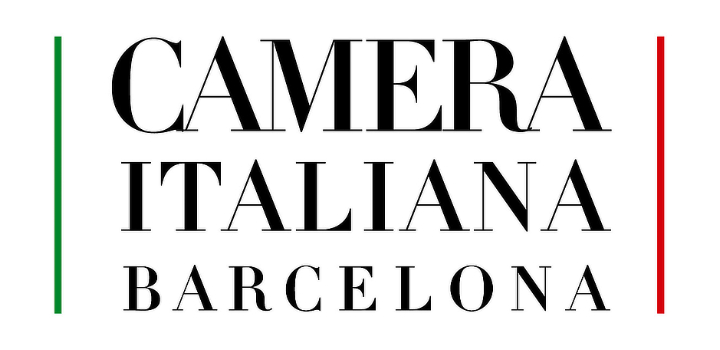When it comes to translation, precision and legitimacy are crucial, especially in legal and official contexts. Two terms that are often confused are sworn translation and translation with a Certificate of Translation Accuracy. In this post, we’ll break down the differences between the two in order to offer better understanding.
What is a sworn translation?
A sworn translation is a translation performed by translators who have been certified by the government or a competent authority in the country of origin or destination of the document. This type of translation is legally recognised and is used for official documents, such as birth certificates, academic diplomas, and legal documents, among others. The sworn translator is able to ensure the accuracy and authenticity of the translation with an official stamp and signature.
What does translation with a Certificate of Translation Accuracy mean?
On the other hand, a translation with a Certificate of Translation Accuracy means that the translation agency is the entity that ensures the accuracy of the work being carried out. Although it doesn’t have the official certification of a sworn translator, this option is still a valid alternative for those documents that don’t require an officially recognised translation. It’s important to highlight that a Certificate of Translation Accuracy offers a level of quality and accuracy, but doesn’t have the legal backing of a sworn translation.
Where do these differences apply?
It’s vital to point out that in some countries, such as the United Kingdom, Australia, New Zealand and the United States, the is no sworn translator. In these jurisdictions, documents are usually translated and certified by translation agencies that ensure the quality and precision of the work without the need for specific certification from the translator.
However, in countries such as Italy and Spain, there is indeed the position of the sworn translator. Although the process of sworn translation can vary between these countries, the main function of the sworn translator is to guarantee that the translation of legal and official documents is authentic and accurate.
At our translation agency, we have sworn translators in several countries, thus ensuring the availability of sworn translation services in various jurisdictions.
Conclusion
In summary, when choosing between sworn translation and translation with a Certificate of Translation Accuracy, it’s essential to understand the differences and specific needs of each document. While sworn translation is a must in countries where sworn translation is legally established, a Certificate of Translation Accuracy offers a viable option in jurisdictions where there is no official certification of sworn translators. Ultimately, the choice will depend on the purpose and legal validity required for the document in question.
We hope this clarification will help our clients to make informed decisions when selecting the type of translation that best suits their needs. If you have further questions or need assistance, please do not hesitate to get in touch with our team of translation experts. We’re here to help you every step of the way.
Thank you for reading this post! Do not hesitate to contact us for any clarification or query.




